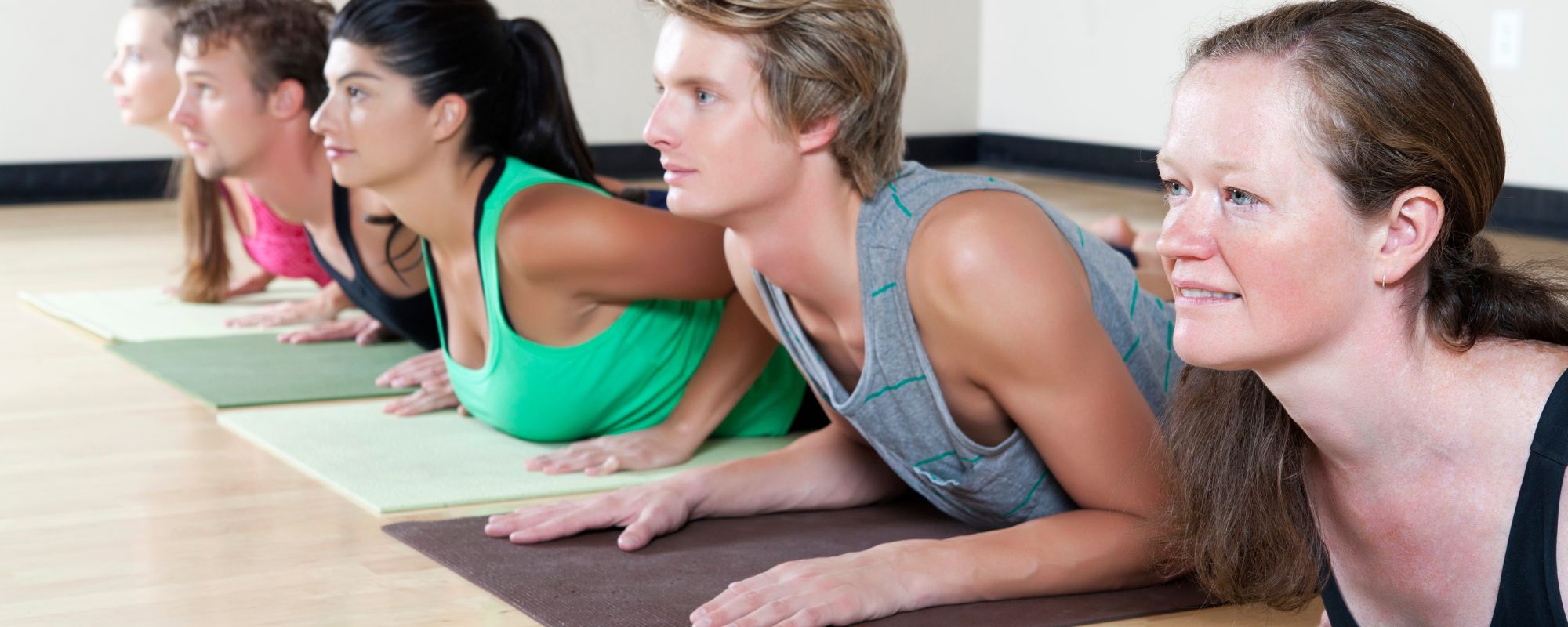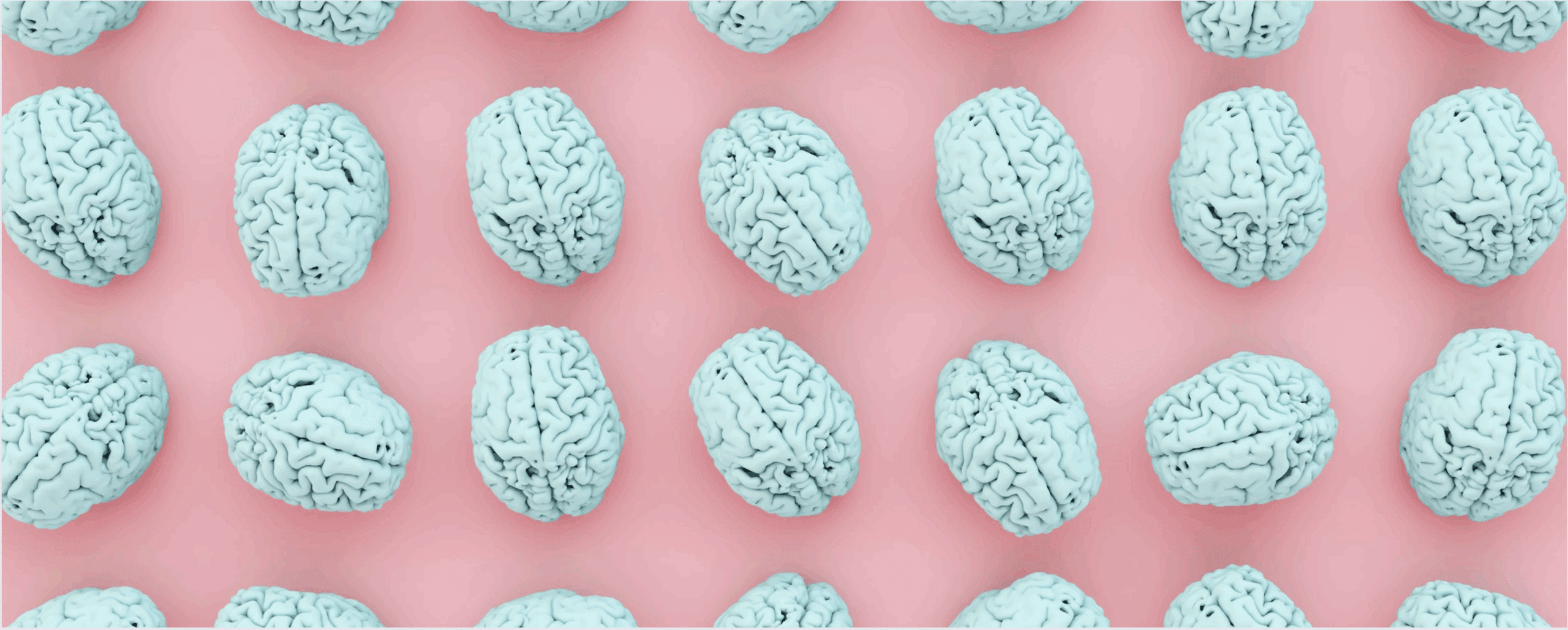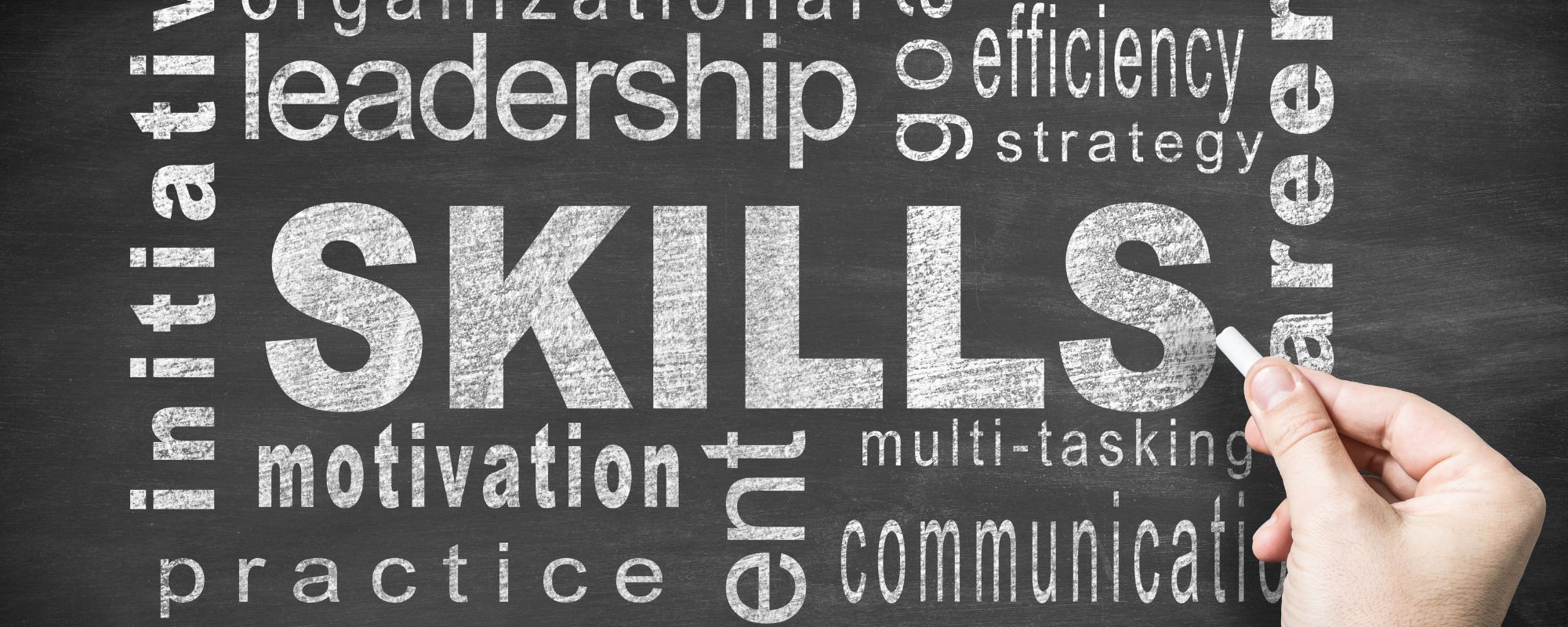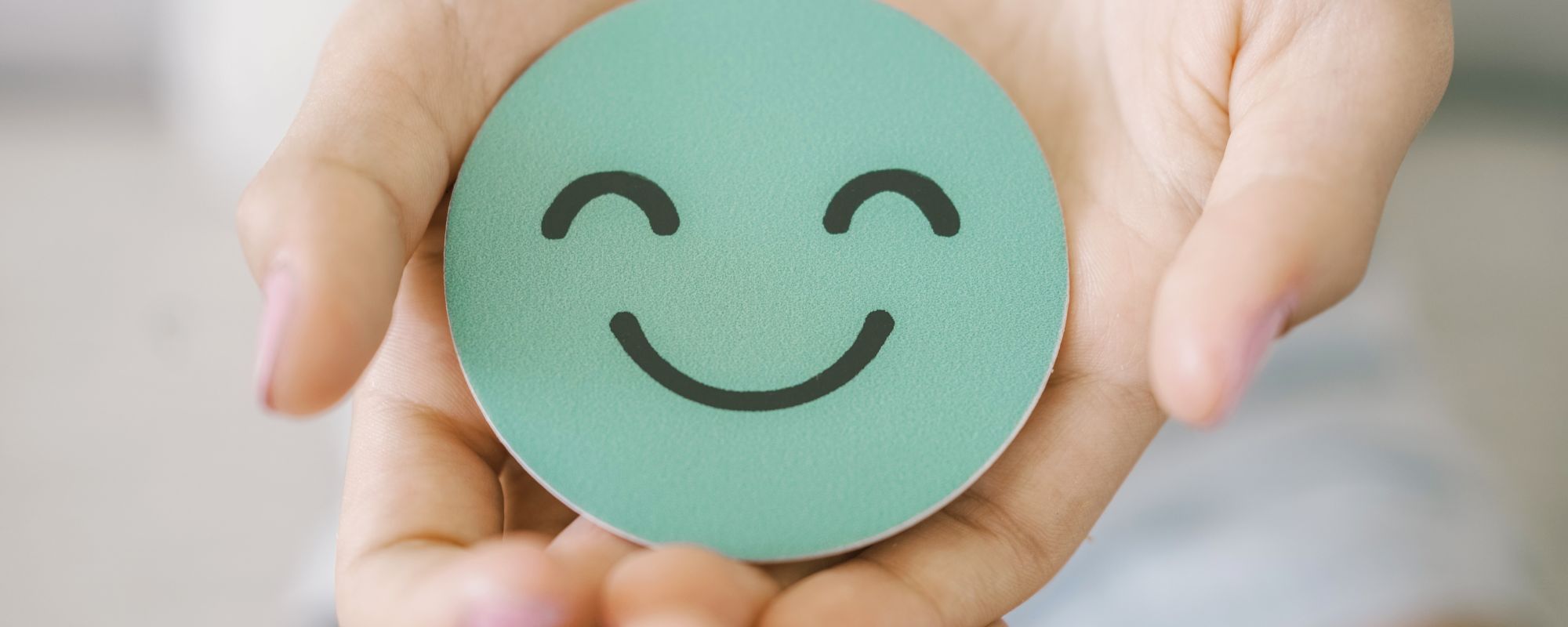For addiction treatment to truly be successful, look at it like a puzzle, where all the pieces fit together to form a full, complete picture of recovery. Some of the puzzle pieces regard psychotherapy. CBT, DBT, and other modalities create opportunities to reframe your negative mental narrative and reshape your relationship with drugs or alcohol. Then, there are the remaining pieces that bring everything into focus, such as holistic drug rehab addiction treatment. Therapies that honor the interconnectedness of your physical, mental, and spiritual well-being complete the picture. Studies show us that nearly 40 percent of people make use of alternative medicine, yet a holistic approach to addiction is so much more than just alternative drug rehab — it’s a chance to heal yourself from addiction by addressing your total self.
If you’ve decided it may be time to get help for a drinking or substance abuse problem, read on to learn how holistic drug rehab can play an important role in transforming your life.
What Is Holistic Drug Rehab?
What does “holistic” mean? Addiction treatment means addressing the whole, complete person instead of certain separate aspects. Whole-person addiction treatment aligns with the theory that substance abuse is more than just a physical dependency — but a multifaceted and complex condition that can affect your mind, your body, and your spirit.
Holistic recovery programs aim to treat these complexities through an equally varied and integrated approach. Integrating alternative therapies like yoga, meditation, art therapy, and more with traditional therapy takes rehab to the next level, helping you not only reduce withdrawal symptoms and cravings but also understand the nature of your addiction, cultivate awareness, and emerge with a renewed sense of self and purpose after leaving drugs and alcohol behind.
What Is the Mind-Body-Spirit Connection?
Like a cause-and-effect relationship, your brain, your body, and your spirit are more closely intertwined than we may think when it comes to addiction:
- Mind à Body: Stress, trauma, and mental health struggles can drive substance use as a way of self-medication. Over time, drug or alcohol use makes tangible changes to your neurochemistry, compelling you to take more of a drug to mimic its pleasurable effects. This mental reinforcement leads you to become tolerant, then dependent, and then addicted to a substance. Addiction then begins to take its toll on the body.
- Body à Spirit: Our bodies can develop any number of life-threatening ailments from drug or alcohol abuse, from lung or heart disease to stroke, cancer, and more, according to the National Institute on Drug Abuse. This long-term physical damage can wear down one’s spirit and affect one’s emotional well-being, provoking feelings of hopelessness, detachment, isolation, and a lack of resilience, fulfillment, or purpose beyond addiction.
- Spirit à Mind: These feelings can lead one to develop mental health issues, from depression to anxiety, or fuel existing problems that lead you to use substances in the first place. Without the proper mind-body addiction recovery, the cycle continues, deepens, and worsens until one’s substance use disorder is properly addressed.
Traditional Rehab vs Holistic Rehab
Rehab follows a certain trajectory — an intentional, thoughtfully curated treatment plan where conventional and alternative drug rehab work together in tandem.
Traditional rehab begins with detox, a period of time where you can wean yourself safely off drugs or alcohol and manage, under safe medical supervision, expected withdrawal symptoms. Once detox is complete, formal treatment begins in earnest — usually a form of talk therapy mentioned earlier, like cognitive behavioral or dialectical behavioral therapy, either in an individual setting (one-on-one with your therapist) or in group sessions with others in recovery. Traditional rehab may be either on an inpatient or outpatient basis.
Holistic substance abuse treatment isn’t a replacement for traditional rehab but an indispensable complement. A holistic approach to addiction is meant to build on what you’ve learned and how you’ve progressed in talk therapy.
Here, holistic recovery programs help to strengthen that mind-body-spirit connection through therapies that encourage mindfulness, creative expression, and physical healing and instill pragmatic skills you can take with you after re-entering the world following rehab.
What Are the Benefits of a California Holistic Drug Rehab Center?
When you choose one of the eight holistic recovery centers from our network, you step into an environment that’s dedicated to supporting your recovery through a truly holistic drug rehab approach.
Some benefits include:
- Comprehensive, integrated healing: A whole-person approach innately inherent to holistic drug rehab considers your mental health, physical wellness, and underlying causes of substance abuse, strengthening that mind-body-spirit connection.
- A restorative environment: Recovery from any addiction happens best in a calm, supportive, and safe space. Our eight centers in Huntington Beach, Costa Mesa, Newport Beach, Studio City, and Tarzana offer serene settings to focus on getting well.
- The holistic with the evidence-based: The equal combination of science-backed psychotherapy with a holistic approach to addiction offers a balance needed for full recovery from drug or alcohol abuse.
- Looking at the long-term: Alternative drug rehab is sustainable because the same therapies at our centers you can keep practicing once treatment is complete, maintaining your sobriety and reducing the risk of relapse.
What Can Holistic Drug Rehab Treat?
Holistic drug rehab takes a whole-person approach to recovery, addressing not just the addiction itself but also the physical, emotional, mental, and spiritual factors that contribute to substance use.
Here are some of the substance use disorders holistic rehab can help with:
Alcohol Addiction
Nearly 29 million people in the U.S. suffer from alcohol use disorder, according to the 2023 National Survey on Drug Use and Health (NSDUH). The World Health Organization states that alcohol consumption plays a role in more than 200 diseases, injuries, and other health problems. Alcohol is accessible and easily addictive, making treatment a necessary human right. Holistic recovery programs work to fill this need, helping you address both physical withdrawal symptoms and emotional triggers that drive alcohol use.
Opioid Addiction
Since opioid abuse reached epidemic levels just a few years ago, more than 10 million people abuse prescription drugs — from fentanyl to methadone and other painkillers — annually. Many people unintentionally become addicted and develop strong physical dependencies that are hard to break without proper treatment. A holistic drug rehab program provides a setting where you can step away from this pattern toward sober wellness.
Stimulant Addiction
There are nearly 5 million people a year who abuse stimulants, notes the National Center for Drug Abuse Statistics — a number that contributes to a rising rate of fatal overdoses. Although cocaine and meth push one’s energy and focus to the extreme, their perceived benefits mask a highly detrimental and addictive potential, taking a toll on the mind and the body that one of our holistic recovery centers aims to heal.
Prescription Drug Addiction
Sixteen million — 6% — of Americans over the age of 12 abuse prescription medications each year, and 12% are considered addicted. Prescription medications can feel safe because they’re given by a doctor — but that doesn’t mean they’re easy to quit. Whether it’s painkillers, sedatives, or benzodiazepines, dependence and addiction can develop quickly. Prescription drugs also carry a high risk of overdose.
Looking for quality treatment for substance abuse and mental health that’s also affordable? Aliya Health Group's treatment facilities accept most major insurance providers. Get a free insurance benefits check now!
Check Your CoverageWhat Therapies are Used in Holistic Drug Rehab?
Holistic drug rehab is a tool to weave together those mind-body-spirit connective fibers. The good news is that you can continue pursuing these activities on your own once treatment has finished, but while you’re in rehab, each one delivers its own unique value alongside your inpatient or outpatient programming.
Expressive Arts Therapy
If talking about your feelings and struggles with addiction is difficult, creative expression can provide another way to explore them. Whether it’s channeling yourself through painting, creating music, or writing them down on a page, expressive arts create a safe space for emotional release that is so important for your healing.
Art Therapy
Creating art allows you to express emotions that may be hard to put into words. Painting might speak to you in a profound way, or you might gravitate to drawing or sculpting to create your own artwork that represents your journey toward recovery from addiction. Often, the colors, shapes, or images you create reflect emotions you may not have fully recognized through talk therapy, illuminating deeper insight.
Music Therapy
Music is often like a soundtrack to our lives — imagine creating your own sounds and lyrics to document your experiences with substance abuse and recovery. Through music therapy, you’ll explore these emotions through sound, rhythm, and words. You might create music, play instruments, or write songs as a way to process feelings that are difficult to express in words. Don’t worry — you don’t need to be a musician. It’s about finding new ways to cope with stress in recovery (and discovering new talents along the way).
Journaling
Writing down your thoughts can help you make sense of things when words may fail you verbally. It’s a different type of communication where there are no rules — just write down what comes to you, even if it’s stream of consciousness. Journaling — which may be suggested to you by your therapist — helps you to untangle difficult, conflicted feelings so you can strengthen your self-awareness and reflect on how far you’ve come in your holistic addiction treatment.
Yoga
Yoga can seem intimidating to some people who might feel they don’t have the flexibility for the asanas or postures during a session. Don’t worry — you never need to have taken a yoga class before to enjoy the benefits it brings to your recovery. Signing up for yoga during treatment will see you combine these movements with breathwork and meditation; they not only release tension in the body but also help expand your mind away from the negative mindset that may have influenced your substance abuse. Over time, yoga strengthens that integral connection between mind and body, helping you develop patience, self-awareness, and resilience.
Massage Therapy
Chronic substance abuse can build up stress and anxiety in the body, making muscle tension and restlessness a common malady. But massage therapy helps release that tension, improves circulation, and promotes relaxation. It’s the same as going for a massage at your chiropractor or a massage studio, but in treatment, there are added benefits, like providing relief from the physical discomfort associated with withdrawal.
Meditation and Mindfulness
Together or separate from yoga, meditation is a valuable tool to train your mind and become mindful — becoming fully aware of your surroundings and emotions in each and every present moment. Addiction is often rooted in reactivity and impulsive behaviors, but through mindfulness-based addiction treatment, watch how you become aware of when triggers are coming on, slow down, observe your thoughts, and let them go without acting on them. It’s an effective form of mindfulness therapy that works to master that mind-body-spirit connection and how one can influence others, giving you greater control over your thoughts and actions.
Acupuncture
By stimulating specific points on the body, acupuncture — a staple of ancient Chinese medicine — is used in holistic substance abuse treatment to help reduce cravings and ease withdrawal symptoms, calming the nervous system in the process. Many people describe a sense of lightness and relaxation after sessions since treatment encourages your body’s natural healing processes by gently placing the needles on certain pressure points.
Life Skills Training
Life after treatment comes with real-world challenges, and life skills training prepares you to handle them with confidence when addiction has taken you away from managing day-to-day responsibilities. In these sessions, you’ll learn (or relearn) practical skills like creating a budget, building a resume, or preparing for job interviews. You’ll also work on communication strategies for setting boundaries, managing conflict, and maintaining healthy relationships — insights you’ll also have gained in talk therapy. By the time treatment ends you’ll be equipped with the tools to build independence and sustain your sobriety.
Get confidential help from our addiction and mental health treatment facilities located across the United States. Call to join one of our quality programs today!
Speak With Our Admissions TeamFinding a Unique Path to Drug Recovery
The path to drug recovery needs to be as unique as you and your needs are. Many people go into treatment incorrectly, believing that there’s a cookie-cutter or one-size-fits-all approach to therapy that may render itself ineffective in the end, but this couldn’t be further from the truth.
Individualized Treatment Plans
The goal of rehab is to customize your treatment plan according to the nature and severity of your addiction, plus any other extenuating factors, like co-occurring mental health issues that necessitate a dual diagnosis. Pinpointing and targeting your holistic treatment programs is exactly why they can prove to be so successful for you.
How will this look? During the admissions and intake phase, your case manager will work with you to see if an inpatient or outpatient stint in rehab is the best course of action to take and what kind of therapy best suits your nature of addiction. Will you need CBT, DBT, or motivational interviewing if you’re reluctant to enter treatment? And what types of holistic recovery programs appeal most to you? You have complete autonomy in what you choose.
Evidence-based Psychotherapy
We’ve talked about the myriad benefits of holistic drug rehab, but how does it work alongside psychotherapy? Evidence-based means it’s proven and backed by scientific research to be effective. CBT, or cognitive behavioral therapy, helps you to identify and change harmful thought patterns that may contribute to the development of addiction. Likewise, DBT, or dialectical behavioral therapy, aligns well with meditation in cultivating mindfulness and regulating emotions. Trauma therapy is another example, helping to observe past experiences that may have led you to use substances. Together, they contribute to a well-rounded recovery.
Expert and Caring Staff
Above all else, the staff at holistic recovery centers convey compassion and a commitment to seeing you through to recovery. From doctors and nurses to support you through detox, to counselors to help you make inroads during therapy, to support staff who have your back every step of the way, treatment becomes a pivotal moment in your life — the transition from addiction to sobriety — that brings you in contact with people who care about you and your welfare.
Know that entering holistic drug rehab means you don’t have to go it alone. You’ll have questions about holistic addiction treatment, and we’re here to answer them. Change your life with one phone call, and contact us today to learn more about how Aliya can help.
- https://www.bluecrossmn.com/understanding-health-insurance/understanding-healthcare-costs/alternative-medicine-whats
- https://nida.nih.gov/publications/drugs-brains-behavior-science-addiction/addiction-health
- https://www.niaaa.nih.gov/alcohols-effects-health/alcohol-topics/alcohol-facts-and-statistics/alcohol-use-disorder-aud-united-states-age-groups-and-demographic-characteristics
- https://www.who.int/news-room/fact-sheets/detail/alcohol
- https://drugabusestatistics.org/opioid-epidemic/
- https://drugabusestatistics.org/prescription-drug-abuse-statistics/
- https://www.pewtrusts.org/en/research-and-analysis/fact-sheets/2024/08/stimulant-use-is-contributing-to-rising-fatal-drug-overdoses
- https://drugabusestatistics.org/prescription-drug-abuse-statistics/















